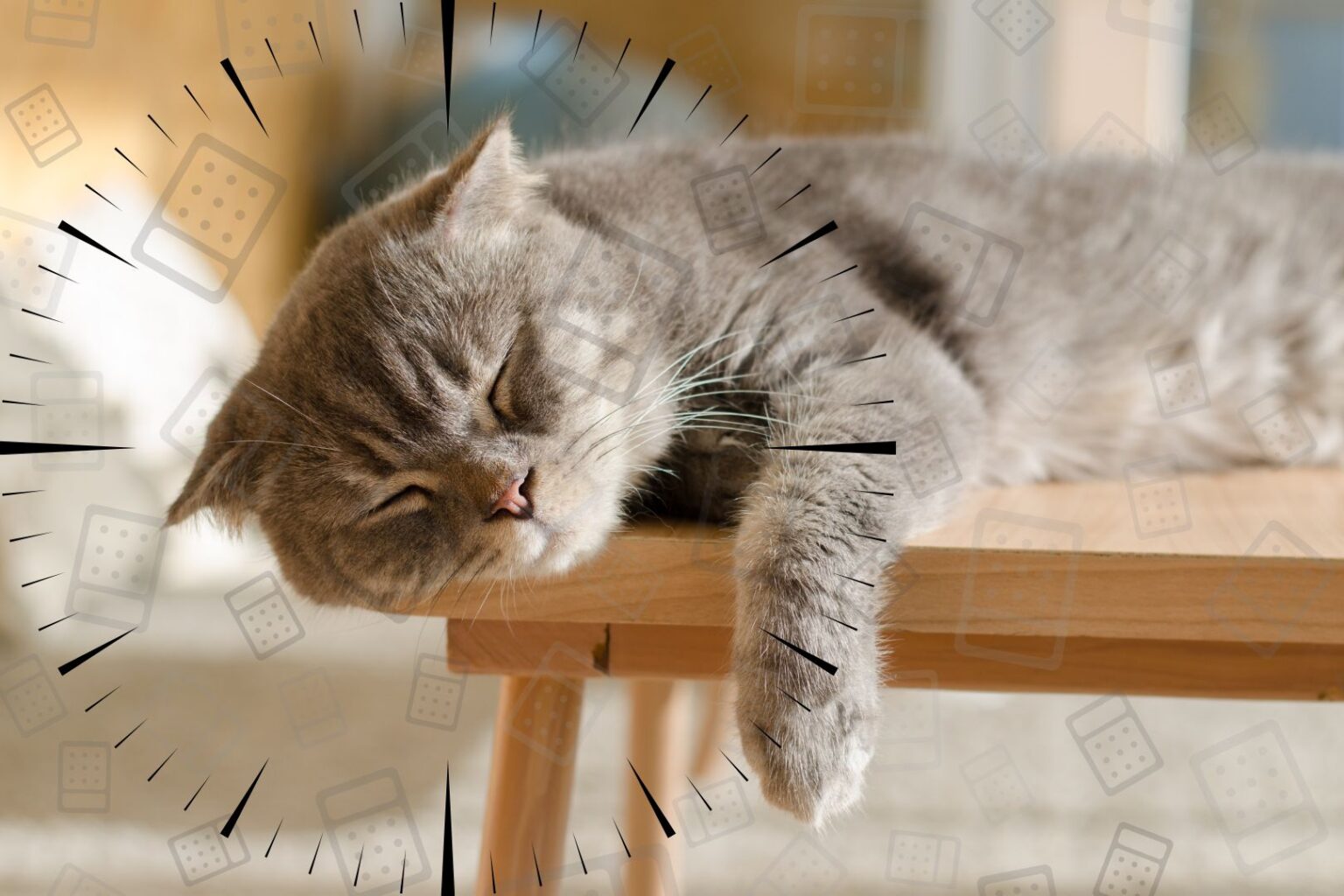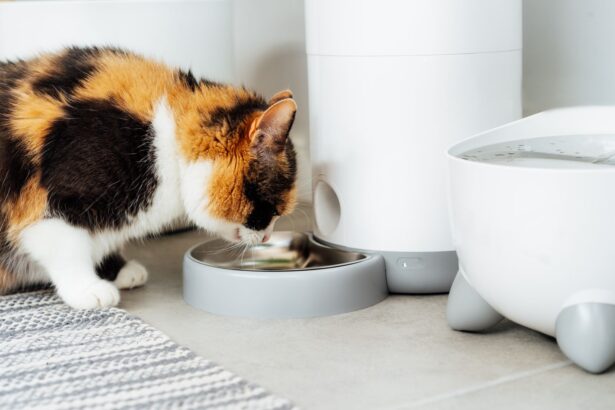Dear cat lovers, you know how much we all love our feline companions and how we always want the best for them. In this article, we’ll explain an essential aspect of your cat’s life: its age. Understanding the importance of knowing your cat’s true age is crucial, as it has an impact on his food, behavior and overall health.
How do you convert cat years into human years?
You’ve probably heard it said that each year of cat life is equivalent to 7 human years, but this approximation is far from accurate. The truth is that converting cat years into human years is not an exact science; rather, it’s an estimate based on a range of factors such as your cat’s breed, lifestyle and overall health. In other words, not all cats age in the same way, and that’s why we can’t refer to a specific formula.
Generally speaking, the first two years of a cat’s life correspond to around 25 human years, and each additional year represents around 4 human years. However, as mentioned above, other factors need to be taken into account for a more accurate calculation. Ultimately, the purpose of this conversion is not to give a precise figure of your cat’s age in human years, but rather to help you understand his current life stage and how you should care for him.
Determining your cat’s age by physical characteristics
It’s often possible to determine your cat’s approximate age by observing its physical characteristics. Signs to look for include teeth, eyes and coat.
A cat’s teeth can give a good indication of its age. Younger cats often have whiter teeth, while older cats have teeth that may be more stained or worn. In particular, permanent teeth start to appear when the cat is around 4 months old, and most cats have all their permanent teeth by the age of 6 months.
Changes in cats’ eyes can also indicate their age. Older cats can develop a cloudy tint in the eyes, and some breeds of cat can also develop rings of color around the iris with age.
Finally, your cat’s coat can also give you clues as to its age. Older cats tend to have thicker, rougher coats, and may start to show white or gray hairs.
The impact of your cat’s age on his behavior and health
Like humans, cats go through several stages of life, and at each stage, their behavior and health change. Understanding these changes can help you take proper care of your cat at every stage of its life.
Kittens are curious explorers, eager to play and discover their environment. This is also a phase of rapid growth, and kittens have specific nutritional needs to support their development.
Adult cats are generally calmer and more predictable in their behavior. They need a balanced diet to maintain their weight and overall health. At this age, particular attention needs to be paid to their weight, as obesity can lead to health problems.
Older cats may begin to show signs of aging, such as loss of energy, reduced appetite, digestive problems and joint pain. At this stage, it’s crucial to keep a close eye on their health and take them to the vet regularly for routine checks.
Adapting care to your cat’s age
It’s essential to adapt your cat’s care to his age to ensure a happy, healthy life. Here are a few tips to help your cat at every stage of its life.
Kittens need plenty of food to support their rapid growth. You need to feed them a specially formulated kitten food containing all the nutrients they need to grow properly.
As an adult, it’s best to keep an eye on your cat’s weight to avoid obesity. A balanced, high-quality diet is essential at this age, as is regular exercise to keep your cat in shape.
When your cat reaches senior age, she may need special food and supplements to maintain her health. Also take note of any changes in his behavior, as this could indicate a health problem that needs medical attention.
Regardless of your cat’s age, love, attention and regular care are what will keep her happy and healthy.
For a happy, healthy cat, age shouldn’t be ignored
In conclusion, knowing your cat’s age is essential to providing the right care. A well-cared-for cat will age gracefully and remain your loving, loyal companion for many years to come. By understanding how your cat’s behavior and health change with age, and by being attentive to these changes, you can help detect any health problems at an early stage. This will ensure that your cat remains in perfect health throughout its life. Cherishing every moment you spend with your cat and providing him with the care he needs is the best way to show him your love.







